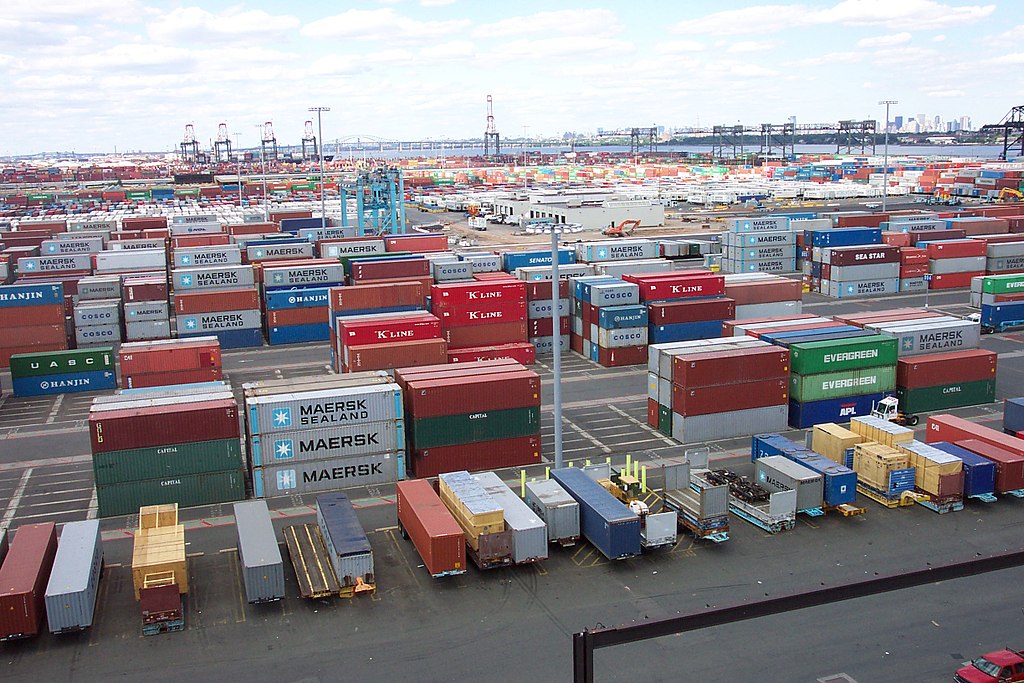In compliance with the interim stay order issued by the Odisha High Court, India’s Ministry of Finance has directed the nation’s customs department not to insist on payment of safeguard duty on PV solar cells — whether or not assembled in modules or panels — until after a further hearing on the matter. Solar importers will be able to retrieve consignments by furnishing a bond stipulating payment in case the safeguard duty is upheld.
The imposition of the recently proposed safeguard duties on solar imports is pending before the Odisha High Court after project developers Acme Solar and Vikram Solar challenged the tariff.
The latest decision by the government comes at a time when the Madras High Court has allowed Shapoorji Pallonji to retrieve its solar PV panel consignment from Chennai port – cleared by customs – provided it pay the safeguard duty if the related notification is upheld.
Explaining the impact of the duty postponement, IHS Markit analyst Dharmendra Kumar told pv magazine: “Even though the hold on safeguard duty is not a long-term resolution, it can be seen as an immediate relief to developers with ongoing solar projects, especially for those with their shipment either in transit or arrived at port post 30 July, 2018. If … the duration of hold on safeguard duty goes [on] longer, it will also help in [the] realization of low tariff tenders which were awarded in previous quarters.”
The imposition of the safeguard duty had cast uncertainty over ongoing and new solar projects.
“The dialogue is on with the government departments,” Shekhar Dutt, Director General of the Solar Power Developers Association, previously told pv magazine. “All that the developers want is that whatever has been contracted is honored. Any change afterwards brings in uncertainty. Even financial viability becomes a little less [certain]. Honoring the established contractual provisions is for the good of everybody — developers, financial institutions and even for DISCOMs [distribution companies], as they have the knowledge that this power is going to be supplied at a taxed price.”
This content is protected by copyright and may not be reused. If you want to cooperate with us and would like to reuse some of our content, please contact: editors@pv-magazine.com.









By submitting this form you agree to pv magazine using your data for the purposes of publishing your comment.
Your personal data will only be disclosed or otherwise transmitted to third parties for the purposes of spam filtering or if this is necessary for technical maintenance of the website. Any other transfer to third parties will not take place unless this is justified on the basis of applicable data protection regulations or if pv magazine is legally obliged to do so.
You may revoke this consent at any time with effect for the future, in which case your personal data will be deleted immediately. Otherwise, your data will be deleted if pv magazine has processed your request or the purpose of data storage is fulfilled.
Further information on data privacy can be found in our Data Protection Policy.